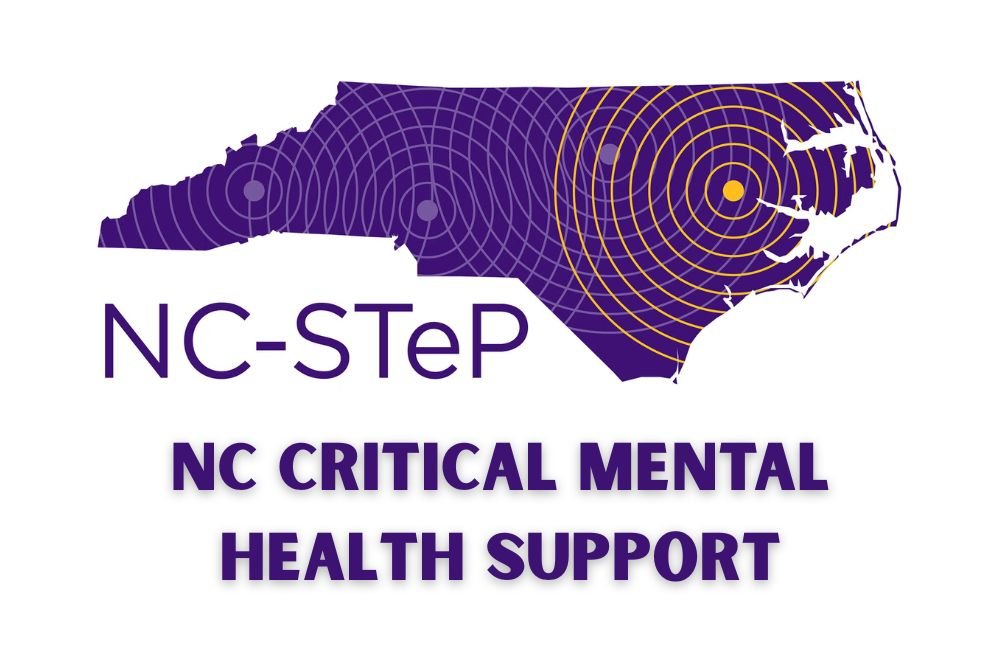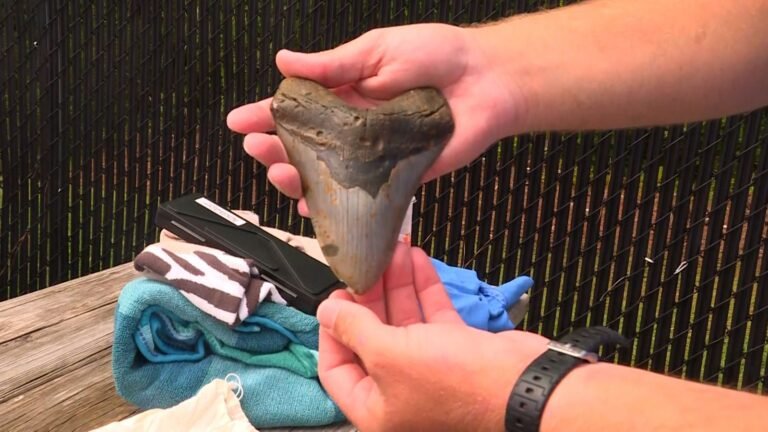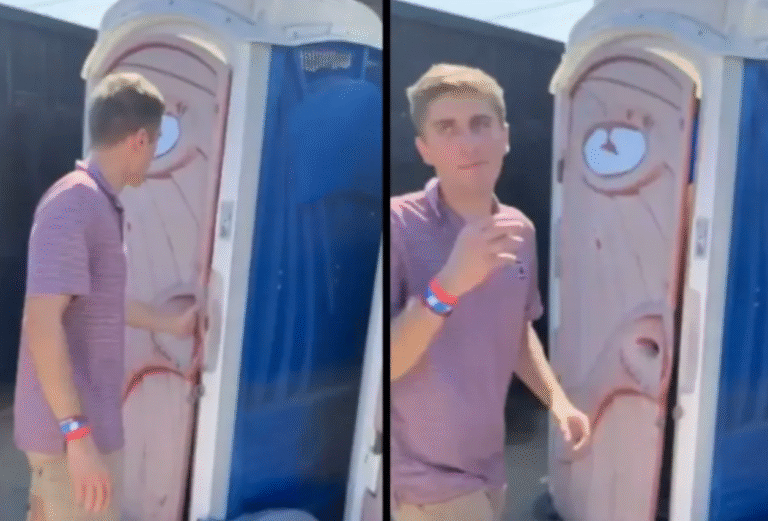NC Helpline Gives Pediatricians Critical Mental Health Support for Kids and Families
RALEIGH, N.C. — With child psychiatrists in short supply across North Carolina, a statewide helpline is giving pediatricians and family doctors crucial mental health support to better serve children and families in crisis.
A Shortage of Specialists
According to the UNC Sheps Center for Health Services Research, 61 counties in North Carolina have no child psychiatrist at all. Even in urban areas like Wake and Mecklenburg, families often wait months for appointments. For many rural families, psychiatric care remains nearly inaccessible.
Between 2013 and 2023, teen suicide rates in the state rose 30 percent, highlighting the urgent need for accessible mental health care. More than half of North Carolina’s 2.6 million children rely on Medicaid, yet only about 150 child psychiatrists statewide accept it.
How NC-PAL Works
To help bridge the gap, the North Carolina Psychiatry Access Line (NC-PAL) was launched in 2017. Operated jointly by Duke and UNC Schools of Medicine with state support, the free service allows pediatricians, family doctors, and other providers to consult directly with behavioral health specialists.
The line operates weekdays from 8 a.m. to 5 p.m. Doctors are first connected to a behavioral health consultant, and if needed, transferred to a child psychiatrist for advice on diagnosis or medication management.
“When I call, I walk back into the room with a family and I’m not fumbling anymore,” said Dr. Debi Best of Duke Health. “The parents see that I have a plan, and the relief on their faces — that’s the difference NC-PAL makes.”
Training Doctors on the Front Lines
Because expanding the psychiatrist workforce alone won’t meet demand, NC-PAL focuses on strengthening pediatricians’ skills. Its REACH Pediatric Primary Care Program provides intensive training and case consultations. More than 600 providers have completed it, with a goal of reaching 1,000 by 2028.
NC-PAL also offers biweekly webinars on suicide prevention, trauma, and medication management, drawing hundreds of providers across the state.
Reaching Rural Communities
To expand access, NC-PAL hires regional consultants who partner with social services, schools, and child care centers in underserved areas. After Hurricane Helene in 2024, the program added trauma-focused sessions and “CARE” training to help teachers and parents recognize signs of stress in children.
The service has handled over 6,000 calls from 1,700 providers in 90 counties, giving thousands of children better access to mental health support.
Do you think programs like NC-PAL can help solve the shortage of child psychiatrists in North Carolina? Share your thoughts with us at SaludaStandard-Sentinel.com.







